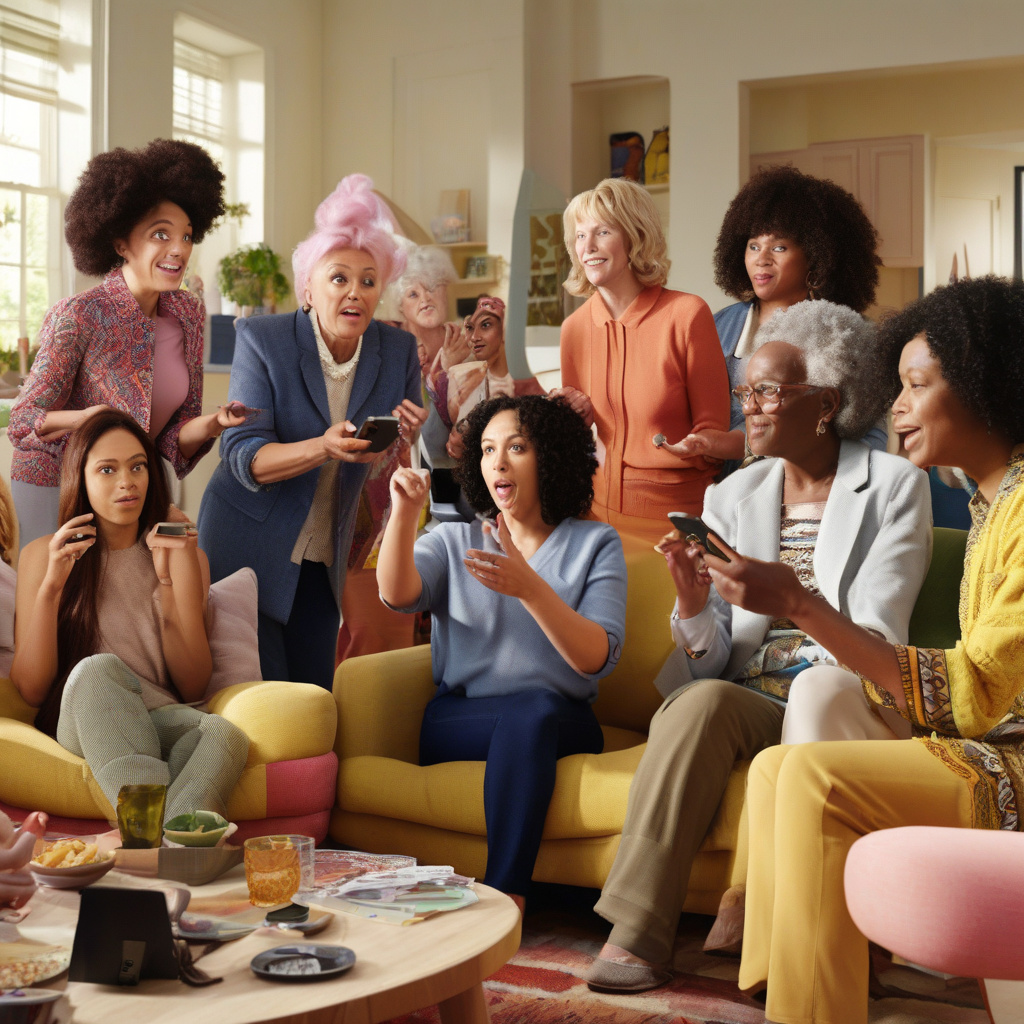The allure of reality TV has captivated audiences for years, with shows like “Survivor” and “The Great British Bake Off” becoming cultural phenomena. Recently, a survey conducted by Virgin Media O2 has shed light on an intriguing statistic: more than one in five Brits, equivalent to 21% of the population, believe they possess the winning formula to conquer a reality TV competition.
This revelation sparks a fascinating discussion about the confidence levels and self-perceptions of individuals in the UK. The idea that over 20% of Brits feel they have what it takes to triumph in the high-pressure environment of a reality show is both compelling and thought-provoking. It raises questions about the influence of media representation, the desire for fame, and the belief in one’s own abilities.
In a society where reality TV stars can quickly rise to fame and fortune, it’s not surprising that many people harbor dreams of achieving similar success. The glamorized portrayal of contestants overcoming challenges and achieving stardom can create a sense of aspiration in viewers. This, coupled with the competitive nature of such programs, may lead individuals to believe that they too could emerge victorious if given the chance.
Moreover, the survey findings highlight the importance of self-belief and ambition in modern society. While some may view the confidence of a significant portion of the population as overzealous or unrealistic, it also speaks to the resilience and determination of individuals to chase their dreams, no matter how far-fetched they may seem to others.
At the same time, it’s crucial to acknowledge the role of reality TV in shaping perceptions and influencing personal goals. By showcasing ordinary people achieving extraordinary feats, these shows create a narrative that anyone can rise to the top with enough dedication and perseverance. This narrative, in turn, fuels the aspirations of viewers who see themselves reflected in the contestants on screen.
In conclusion, the revelation that more than one in five Brits believe they could win a reality TV show is not just a statistic; it’s a reflection of societal values, media influence, and individual aspirations. While the likelihood of every aspiring contestant achieving fame and fortune may be slim, the prevalence of such dreams underscores the power of belief and the allure of the spotlight. Whether these dreams translate into reality remains to be seen, but one thing is certain: the world of reality TV continues to fascinate and inspire millions around the globe.

